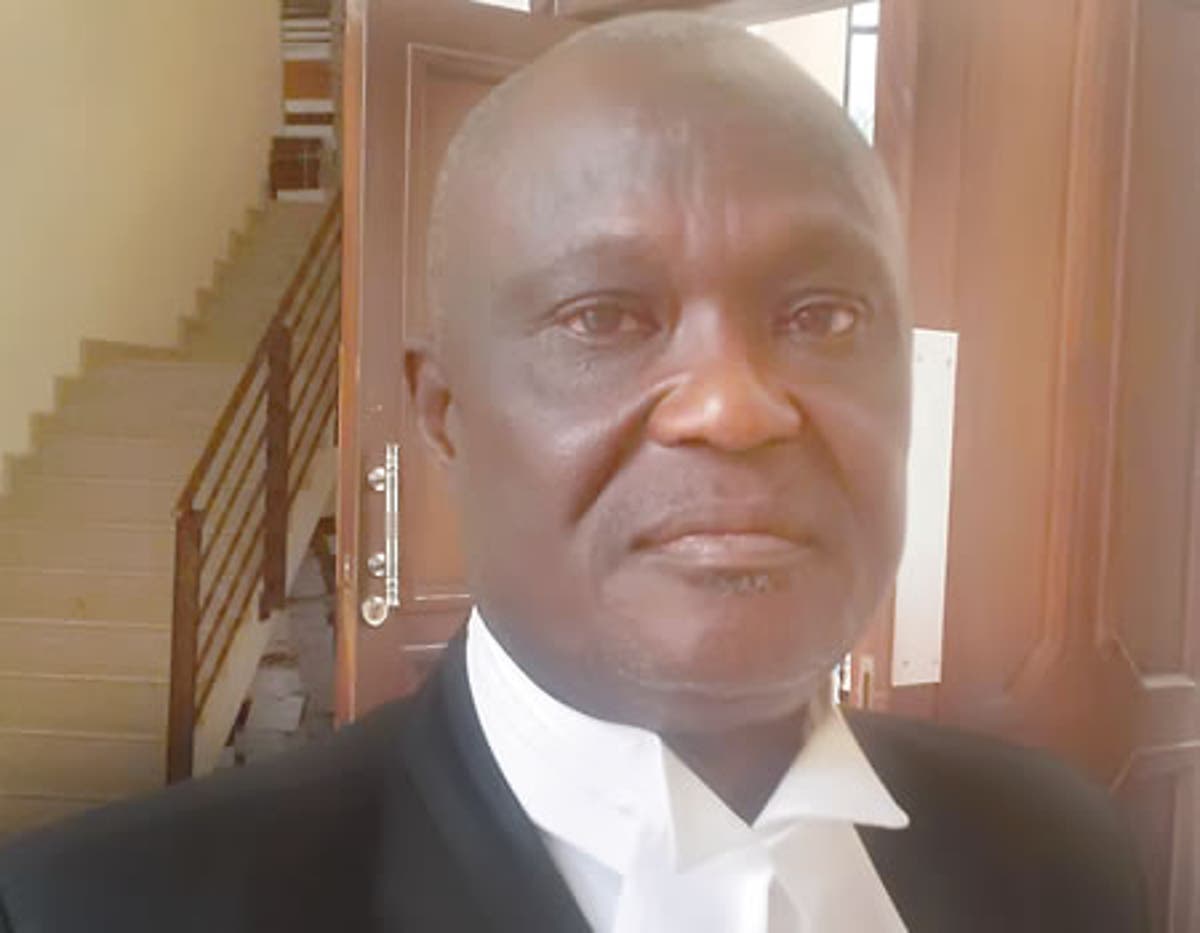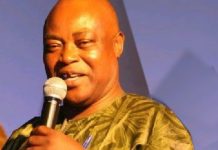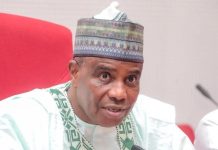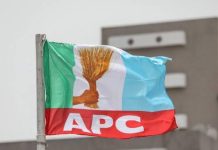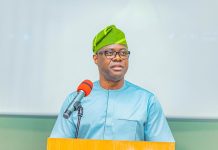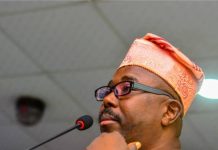By Abba Hamisu Sani
Africa-Press-Nigeria Weeks after it was passed by the National Assembly (NASS) on November 9, 2021, and there after transmitted to President Muhammadu Buhari, diverse reactions have continued to trail the bill.
Buhari, who received the bill on November 19, has until December 19 to either give his assent or communicate to the National Assembly any comments, or misgivings that he has towards the bill.
However, if he fails to sign the bill and the NASS is not in favour of his amendments, the parliament is at liberty to recall the bill and pass it. And if that is done by two-thirds majority votes in both chambers, the bill automatically becomes a law even without the president’s signature.
With feelers indicating that the president so far has no qualms with the document, it also came to light that he was seeking advice and to know the stand of the Independent National Electoral Commission (INEC), and the Attorney-General of the Federation, Abubakar Malami (SAN).
But as he continues to consult with relevant stakeholders on the matter before the bill is signed, the clamour for presidential assent to the document is gaining currency.
Indeed, some Nigerians across various divides are urging him not to allow the bill to suffer the same setback that the previous one suffered when he refused to assent to it due to some disagreeable clauses.
They noted that the National Assembly had to bend backwards to accommodate the part that gives INEC the final say on the mode of transmission of election results despite what seems to be the obvious position of both the executive and the legislature. They urge the President to side with the people and give them what they want by assenting to the bill.
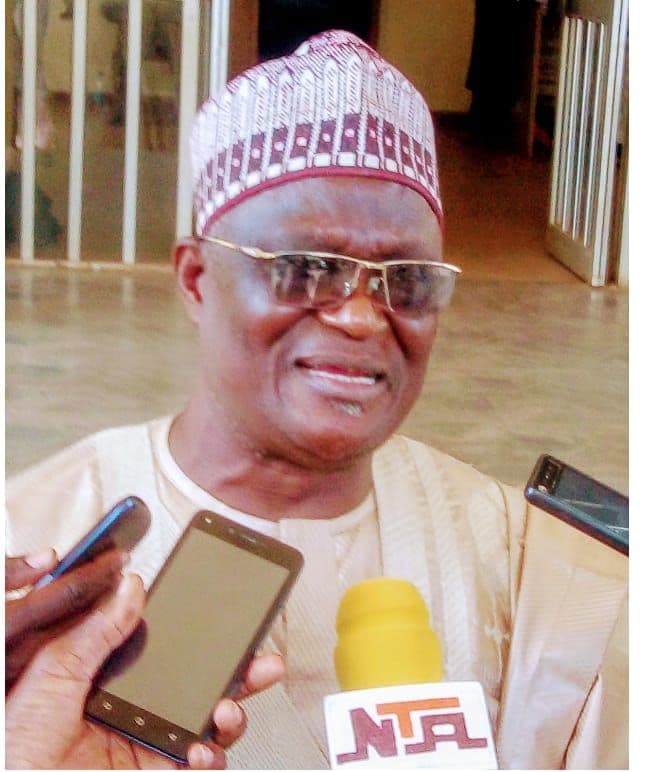
Lawyer/Public Analyst.
Enjoining the president not to allow his disagreement with aspects of the just-passed bill, if any, to stop his ascent, a lawyer SAN and public affairs analyst, Yunus Ustaz said the position that the federal lawmakers took was in line with the wishes of the majority of Nigerians that they represent. He noted that even after assenting to a bill, there is always a provision for amendment.
“I know that many governors, especially of the All Progressives Congress (APC), are not happy with the direct primaries imposed on political parties by the amended bill and I believe the President will likely be on the same side with them, but that is not a reason for him not to assent to it.
“Many democracies of the world, like the United States of America, go by direct primary; so there may actually be nothing wrong with it, but even with his opposition, he can assent to it and then seek amendments later. We need to move forward.”


